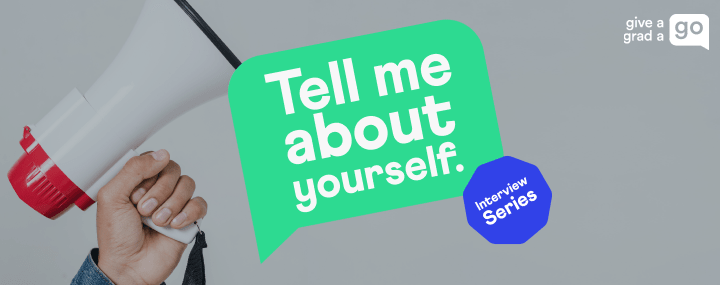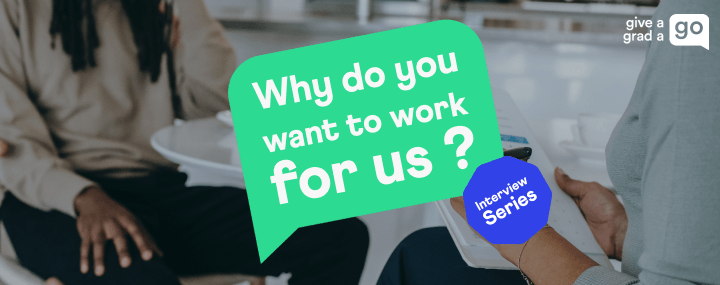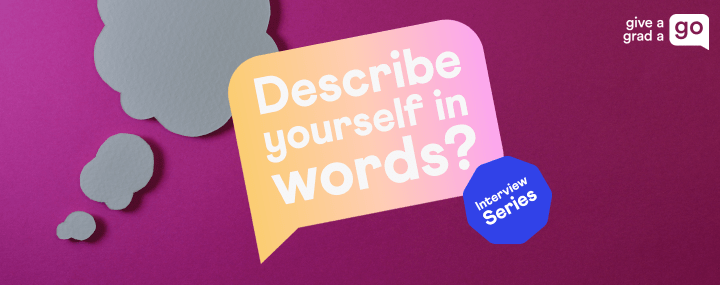Sometimes, the simplest graduate job interview questions can be the most difficult to answer.
The key is in the preparation: be ready to answer questions about yourself, not just your professional career.
While you might have prepared your answers to “why should we hire you?” or even “where do you see yourself in 5 years?”, a question about your interests outside of work can be a curveball.
When put on the spot, selecting your hobbies and interests that are work-appropriate but not too vague can feel like a maze.
However, the question is a chance for you to impress (and even bond with) the employer.
Talking about things that genuinely interest you will let your personality and character shine naturally.
We’ll look at why employers ask questions about hobbies, example answers, and what to avoid when dealing with these questions.






